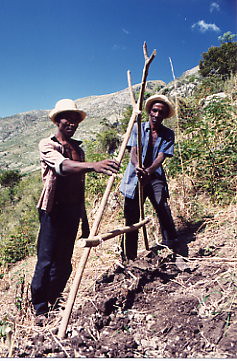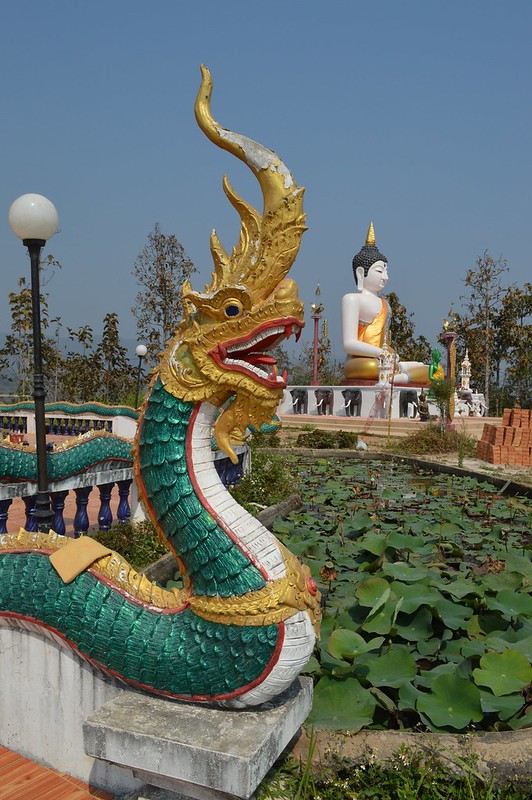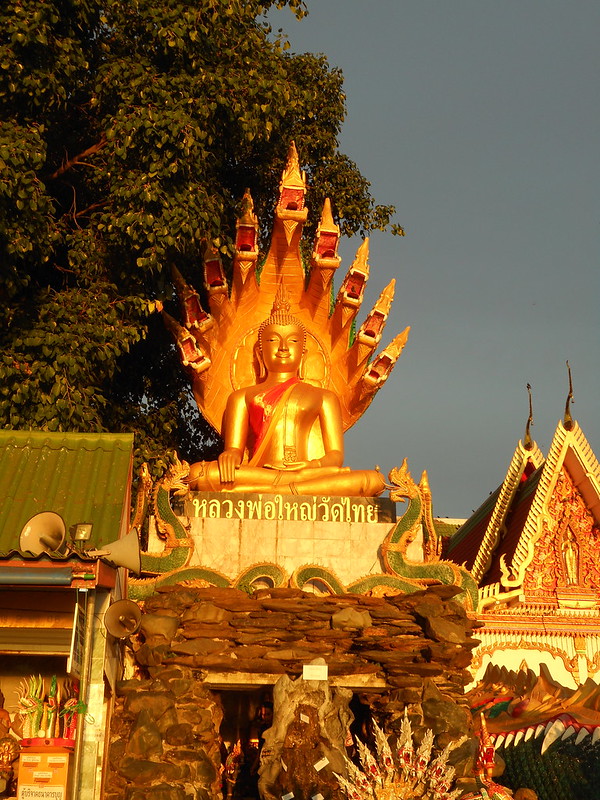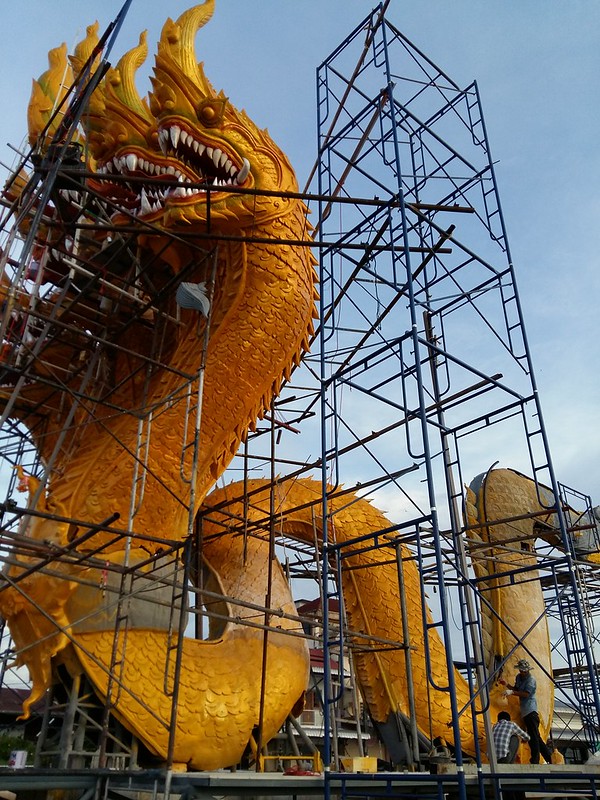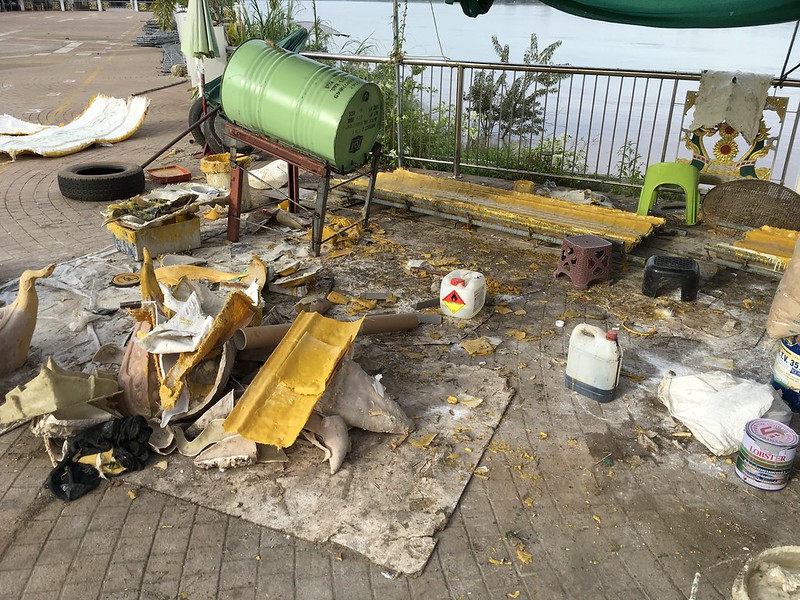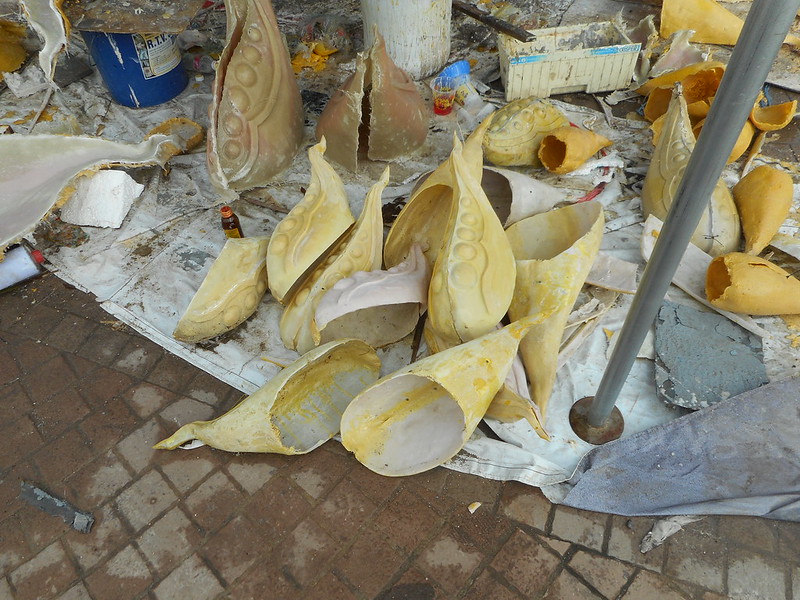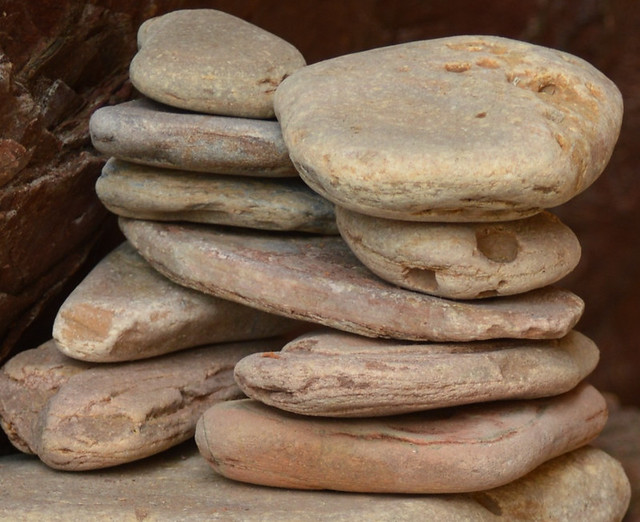Culture Shock!
The worst culture shock I have experienced was not the first time that I lived overseas, but a bit later when I moved to the south (US). I thought was moving to the same country I was raised in—did I had a lot to learn!
One thing I had to learn was a new vocabulary. Some people talked about the "War of Northern Aggression," which I discovered was what we learned of as "The Civil War". Different perspectives give rise to different names.
Another thing I had to learn about was the significance of the Mason-Dixon Line.
They had a joke that I heard A LOT that goes like this:
Q: What's the difference between a Yankee and a Damn Yankee?
A. The Yankee goes home.
The thing is, to some people it wasn't a joke—and I could tell.
I had moved to the south for work and over 3-1/2 years I lived in two different towns with two very different cultures.
When I arrived in the south, I was determined to hang onto my northern culture and not adapt a southern accent, but that was something I found impossible to do. Still, I was not raised in the south and I had some behaviors that locals probably found a bit perplexing—things like riding a bicycle for fun.
The second town we lived in was quite small. The population of the entire county was the same as my hometown—and my hometown was not very big. Deer outnumbered people by a very large margin.
It was hard to fit in this town not only because I was a Yankee (from the north), but purely because I was an outsider.
In this town, my supervisor, who was very good at his job, happened to be black. I was hoping that we might engage in some after-hours socializing, but that kind of thing was taboo there. I didn't like how the blacks and whites were separated, and it made me angry. My parents tried to teach me to think different than that.
We had a hard time finding a church to join. No one from the white churches would invite us to church because we were outsiders. Some of the black Christians I met would invite us to their churches, but I wasn't sure how long I could last in town if we started doing that.
Eventually, for better or worse, we ended up going to one of the white churches. There was one fellow in the church who was often ranting against blacks, Jews and communists. I thought it was hatred, but I learned later that this was wrong.
My wife and I would often walk to church. Rather than take the main highway (which was not all that busy), we would take a side road that ran parallel to it. I'll call it High Street (not its real name). Just after we got on High Street, there were a couple of very small houses we would pass where black people lived. There were often people sitting or playing on the front porch so we would wave and say high. These were usually the only people we would greet along the way. The rest lived in houses set back from the road. These other houses usually had A/C so the people stayed inside.
At the church we attended, I ended up helping out with the high school boys group. One time, one of the boys said to me, "You walk down High Street. I'd be
afraid to walk down High Street."
I don't remember what I said. I don't remember if I said anything at the time because I was so stunned.
You see, this boy was taught to be afraid of black people—these very black people who would smile and wave to us when we greeted them. He probably learned this fear from his father. His father was the one I referred to earlier who had nothing good to say about blacks, communists and Jews. I wondered, then, how many people, both black and white were being taught to be afraid of people who weren't like them.
Right away, the realization came to me, "If I grew up here, I'd think just like these young people. I would have been taught from childhood to be afraid of black people."
I wasn't at all trying to justify their thinking or say that it was right. I was recognizing that I had the privilege of being raised differently.
It would be so easy for me to judge this young man for how he felt about Jews and people of color. But how is he to learn to think any differently if he doesn't have any teachers?
It is so easy to judge others from the outside.
People have sometimes asked me in the past about how I feel about certain jury verdicts. I usually won't pass judgement on jury verdicts because I was not given the same information they were with the same conditions they were given. I may have feelings about the issue at hand, but that is different than how I feel about how the jury came to their conclusion.
(Though I am a kind of person who usually sees both sides of an issue, and I often find myself agreeing with both sides.)
About a year ago we visited the Lao National Museum in Vientiane. The first part of the museum deals with the culture and history of Laos before the 1950's. The second half of the museum deals with the victory of the communists over the Americans and subsequent recent history of the country. It was interesting to note this different perspective. To the Lao-communist, the "secret war", as it is sometimes called, was about the Lao people vs. the American Imperialists. To the Lao-royalist, it was about the Lao people vs. the Vietnamese communists. What a difference perspective makes. (It felt kind of weird, as an American, walking through there reading all that stuff about how awful the Americans were.)
These days, there has been a lot of discussion on the news and in the media about monuments to confederate "heroes" and whether they should be taken down or left to remain. Some who argue against removing the statues lament, "where do you stop?"
It's easy for me, from my current perspective, to pass judgment on people who have gone before me. But I was not in their shoes, I did not share all the same culture and history and social context that they did. It doesn't make the things they did right, but it also doesn't mean they were "evil". Many things we see as
evil might have been purely
normal to the person who did them--which can be kind of scary to think about. I find myself thinking, "If I were a person alive at that time, would I have to courage to go against the grain and make a stand for what it right?" I have great respect for those who do take a stand for what is right.
But I also see this:
If we only look at the wrong things people do, and not the good things they do, then we would honor NO ONE from history, except Jesus, who "knew no sin". (2 Corinthians 5:21)
We all have baggage--none of us is free from sin. (Romans 3:21)
One day, some scribes and Pharisees brought a woman to Jesus who had been caught in the act of adultery (I always find it interesting that she was caught in the act, but they did not bring the man forward as well.). These leaders said to Jesus, "Teacher, this woman was caught in the act of adultery. The law of Moses says to stone her. What do you say?" (John 8:4, 5 NLT)
Jesus doesn't argue with the leaders. They did have the right, or perhaps even an obligation, to stone this woman according to the Mosaic law.
But just because you have the right to do something doesn't make it right to do it.
Without justifying the woman's sin (He tells her to "sin no more" in v. 11), Jesus, after writing something in the sand, puts a different spin on the issue. "Alright", He says, "but let the one who has never sinned throw the first stone." (John 8:7 NLT)
Jesus is calling the religious leaders to exercise some humility—to examine themselves first.
When I first moved to the south, I was proud because I "wasn't like them". But God taught me that I was "like them", it just looked different because of my background circumstances. Before I pass judgment on others, I need to pass judgment on myself.
So what can I do if I see some fear-based behavior that seems really unacceptable?
One thing I can do is to model not being afraid. When I think back to that day when I realized this young man was afraid of black people, I wondered at the time how one can change that. How do you help people unlearn what has been so ingrained in them? How do you teach them? A good way to teach is by demonstration.
I remember one time I was having a problem dealing with being afraid of something. I sat and watched people do over and over again what I was afraid to do. Eventually, I was able to overcome that fear. But it took some time and patience.
Another good way to overcome fear is to actually talk with those we're afraid of, instead of screaming or yelling at each other (though it isn't always easy). We might find out they're not all that different from us. This may take the help of a third party since, if we are afraid of someone, it will be really hard to approach them in the first place.
I like how John injects the subject of fear into his words about loving one another:
7 Beloved, let us love one another, for love is from God, and whoever loves has been born of God and knows God. 8 Anyone who does not love does not know God, because God is love. 9 In this the love of God was made manifest among us, that God sent his only Son into the world, so that we might live through him. 10 In this is love, not that we have loved God but that he loved us and sent his Son to be the propitiation for our sins. 11 Beloved, if God so loved us, we also ought to love one another. 12 No one has ever seen God; if we love one another, God abides in us and his love is perfected in us.
13 By this we know that we abide in him and he in us, because he has given us of his Spirit. 14 And we have seen and testify that the Father has sent his Son to be the Savior of the world. 15 Whoever confesses that Jesus is the Son of God, God abides in him, and he in God. 16 So we have come to know and to believe the love that God has for us. God is love, and whoever abides in love abides in God, and God abides in him. 17 By this is love perfected with us, so that we may have confidence for the day of judgment, because as he is so also are we in this world. 18 There is no fear in love, but perfect love casts out fear. For fear has to do with punishment, and whoever fears has not been perfected in love. 19 We love because he first loved us. 20 If anyone says, “I love God,” and hates his brother, he is a liar; for he who does not love his brother whom he has seen cannot love God whom he has not seen. 21 And this commandment we have from him: whoever loves God must also love his brother. 1 John 4:7-21 (ESV)
This scripture reminds me of the key ingredient in dealing with these judgment issues—love that comes from the presence of Jesus in our lives. Jesus freely gives His Spirit to those who believe in Him. By the power of His Spirit we can learn to love our enemies instead of passing judgment on them. But if we do not allow the love of Jesus to flow through us it will never happen. We have to put to death our old nature so that God's nature can be seen in us.
13 For if you live according to the sinful nature, you will die; but if by the Spirit you put to death the misdeeds of the body, you will live, 14 because those who are led by the Spirit of God are sons of God. 15 For you did not receive a spirit that makes you a slave again to fear, but you received the Spirit of sonship. And by him we cry, "Abba, Father." Romans 8:13-15 (NIV)
There's that word again: fear.
By the Spirit we can be set free from this fear.
It's risky to love our enemies.
We can be misunderstood.
We can suffer harm.
But isn't that what happened to Jesus?
By His great love, Jesus refused to rain down judgment on his enemies, which was in his power to do, but instead submitted to the cross.
That's hard.
That's painful.
That goes against my common sense.
The way of the cross is hard, and sometimes I don't feel like walking that way. Sometimes it's easier insist that my way is right and not look at or truly listen to those who disagree with me. Perhaps I'm
afraid that they'll get mad at me if I approach them. Maybe I don't want to like this person, and I'm
afraid that if I get to know this person I might do just that. Maybe I'm
afraid I'll find out I'm wrong and have to change.
There's that
fear word again.
Perfect love casts out fear.
We did not receive a spirit that makes us a slave again to fear.
I shouldn't judge people from the outside,
I should love them from the inside.
